From the agreement on US tariffs to the approval of nuclear submarines, friendly relations with China and Japan are also being established.
The Gyeongju Declaration demonstrates leadership and demonstrates the potential of a bridge nation to the US-China ceasefire.
Tariff 'details' are a challenge... Managing surrounding 'unexpected variables' and promoting North Korea-US dialogue are also challenges.
[※ Editor's Note = The Asia-Pacific Economic Cooperation (APEC) Summit held in Gyeongju, North Gyeongsang Province, concluded on the 1st. APEC leaders adopted the"Gyeongju Declaration," which addressed trade and investment, digital innovation, and inclusive growth, and confirmed their commitment to cooperation in responding to artificial intelligence and demographic changes. South Korea, through the South Korea-US Summit, brought the most pressing issue of tariff negotiations to a close. Furthermore, it successfully held summits with China and Japan, utilizing the summit as a platform for"pragmatic diplomacy." The US-China summit held during this period also resulted in a restraint in the escalation of the tariff war. The"APEC CEO Summit," attended by over 1,700 global CEOs, the largest ever, also concluded successfully. Yonhap News, the hosting news agency, is publishing a 10-part series summarizing the results of APEC, the first APEC summit held in Korea in 20 years.]
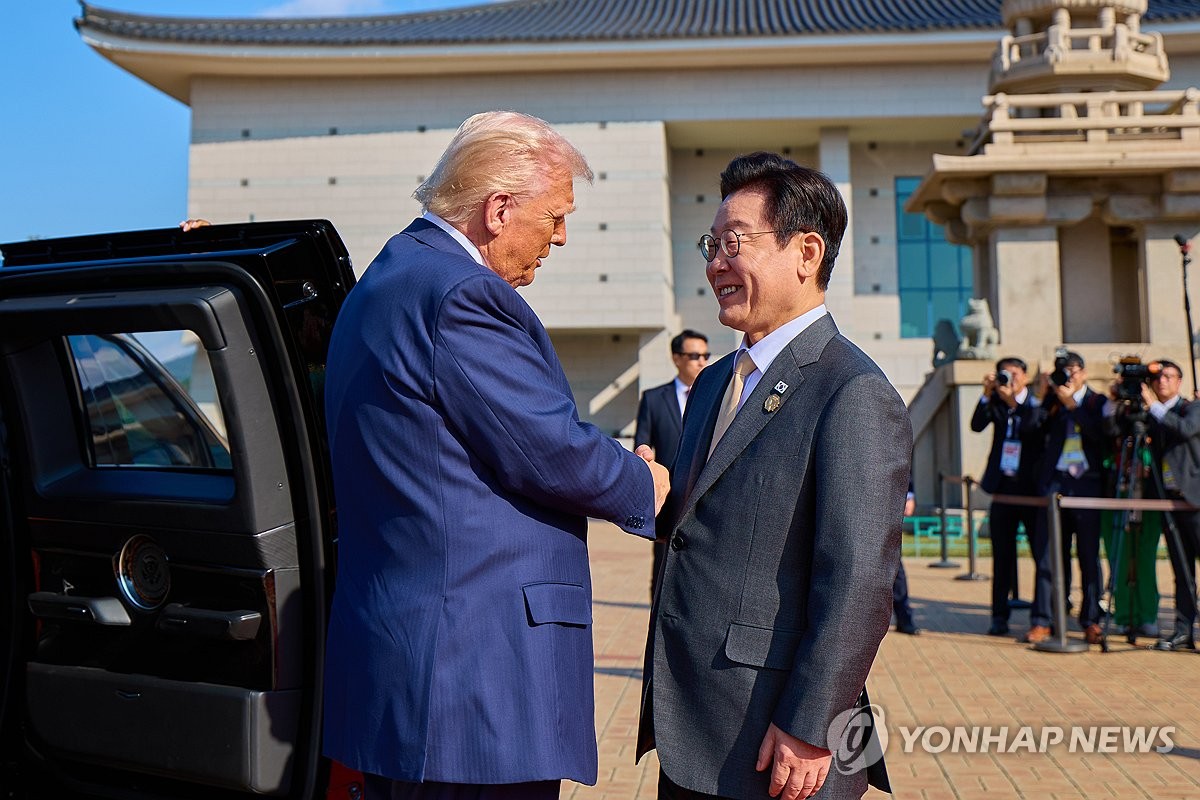
(Seoul = Yonhap News) Reporter Dongwook Koh = President Lee Jae-myung has concluded his schedule for the Asia-Pacific Economic Cooperation (APEC) summit in Gyeongju, which was considered the 'biggest gateway' after taking office.
In a situation where uncertainty is greater than ever due to the prolonged Korea-U.S. tariff negotiations and the escalating U.S.-China conflict, President Lee, who is celebrating a"Super Week of Summit Diplomacy," is evaluated to have achieved considerable results despite the terrain where it is difficult to guarantee success in both bilateral and multilateral diplomacy.
However, given the fundamental challenges facing the external environment, including the shaky global trade order, we must not rest on our laurels and move on to a phase of"deepening pragmatic diplomacy" to safeguard Korea's national interests to the fullest extent possible.
The Korea-U.S. summit held on the 29th of last month was the biggest test President Lee had to pass.
There were concerns that the prolonged tariff negotiations could end up as empty-handed talks.
However, the two countries dramatically agreed on a"split investment of up to $20 billion per year" just before the talks, successfully resolving a long-standing issue and dispelling uncertainty in the Korean economy.
With the agreement on the"security package" expected to be documented soon following the conclusion of the tariff negotiations, it can be said that the ROK-US alliance has finally been put back on track after only five months in office.
Here, the president resolved one of his long-held security-related concerns by directly bringing up the issue of nuclear-powered submarines during a meeting with US President Donald Trump and obtaining his approval.
There are also assessments that the president's diplomatic capabilities, such as adhering to the principle of"commercial rationality" to the end and selecting an agenda that penetrates the needs of the other party, contributed significantly to this achievement.
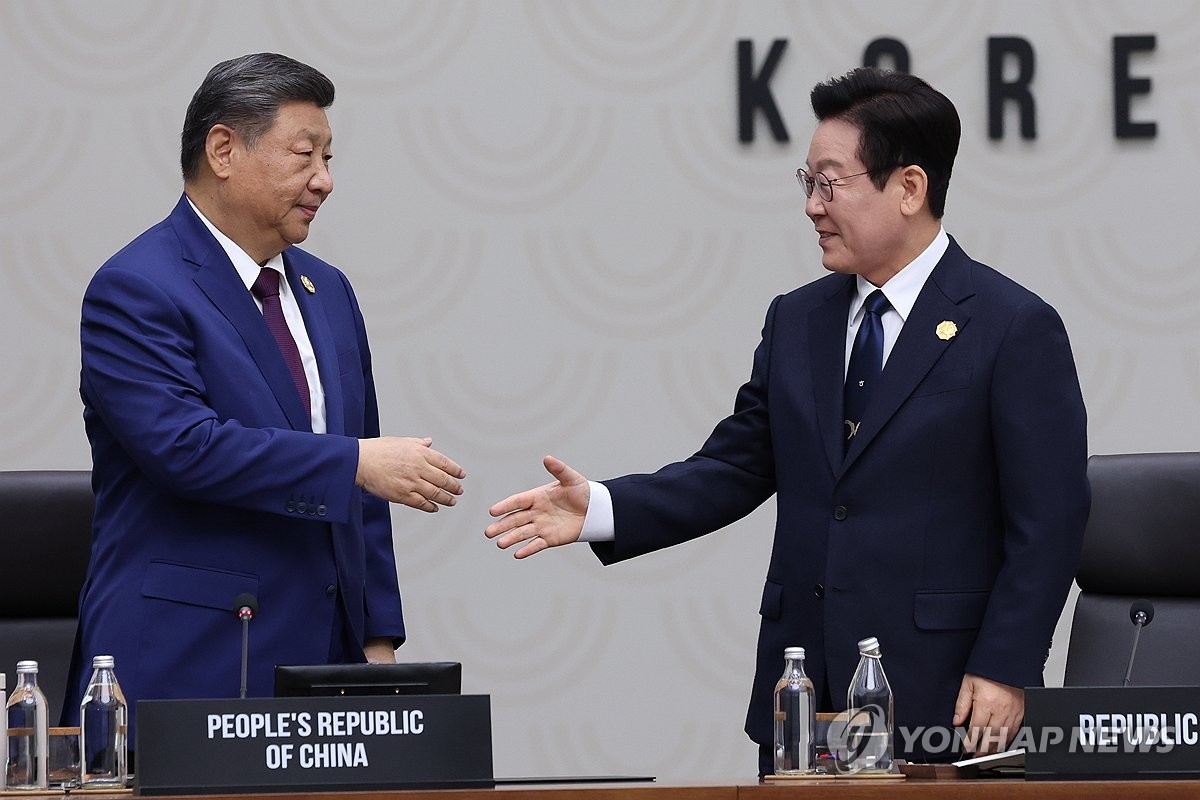
The first summits between Chinese President Xi Jinping and Japanese Prime Minister Sanae Takaichi also concluded amicably.
At the Korea-China summit held on the 1st, the two countries reached a consensus to develop their relationship in a mutually beneficial and stable manner.
For now, the goal of emphasizing that China remains an important economic and security partner for South Korea and allaying suspicions that the US is"joining in on China's containment efforts" has been achieved.
At the previous Korea-Japan summit, the president agreed to continue exchanges and cooperation with Prime Minister Takaichi, who is classified as a"hard-line conservative," and to continue "shuttle diplomacy."
There is an assessment that the APEC summit was used as an opportunity to solidify the basic structure of "pragmatic diplomacy centered on national interests," which aims to maintain stable relations with China while focusing on the ROK-US alliance and ROK-US-Japan cooperation.
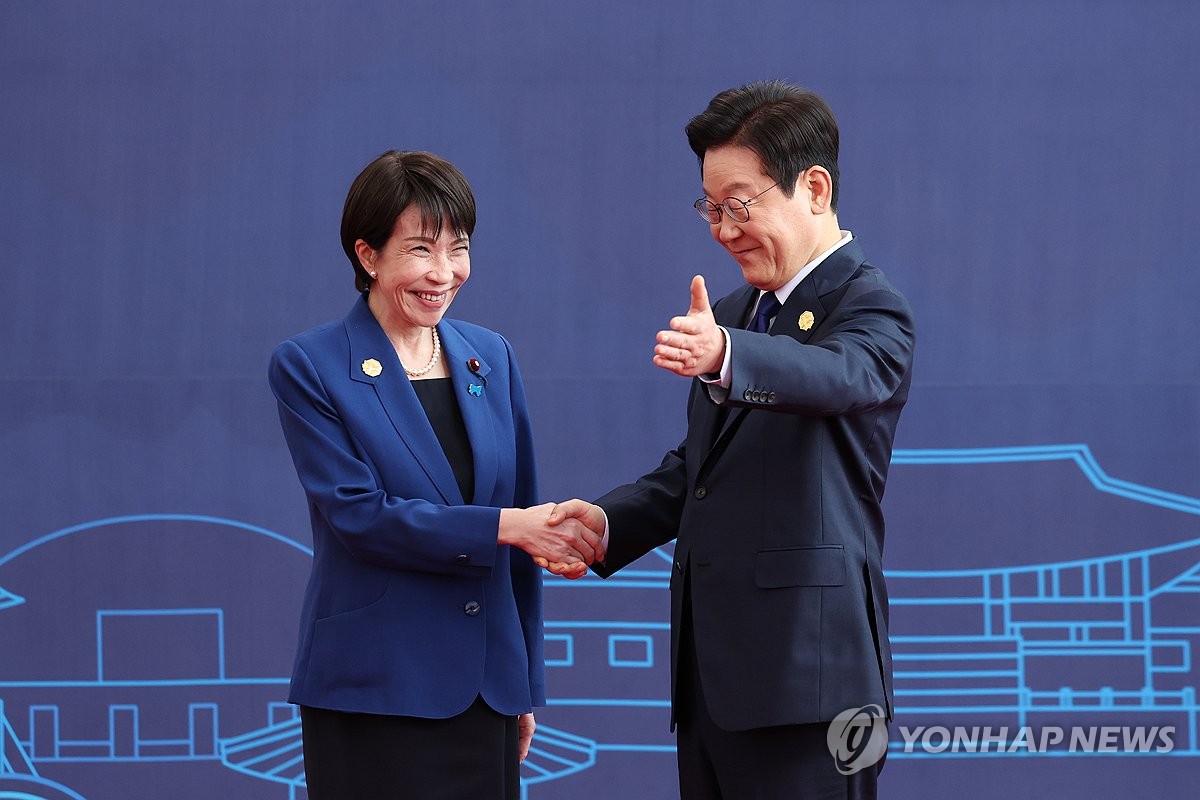
The president did not stop there, but demonstrated South Korea's diplomatic leadership by coordinating the 'Gyeongju Declaration' at the 'main stage', the APEC summit.
The adoption of the"AI Initiative," APEC's first joint declaration on artificial intelligence (AI), and the"Framework for Responding to Demographic Changes" can also be seen as a demonstration of diplomatic capabilities to propose new agendas.
At the same time, it also accelerated its 'economic diplomacy' by securing 260,000 of the latest graphics processing units (GPUs) from Nvidia and attracting $9 billion (approximately 13 trillion won) in investment from global companies such as Amazon Web Services (AWS).
The fact that President Trump and President Xi stopped their"chicken game" and reached a temporary truce at the US-China summit, which attracted global attention, is seen as an achievement that hints at the possibility of realizing President Lee's plan to become a"bridge nation" or "platform diplomacy nation."
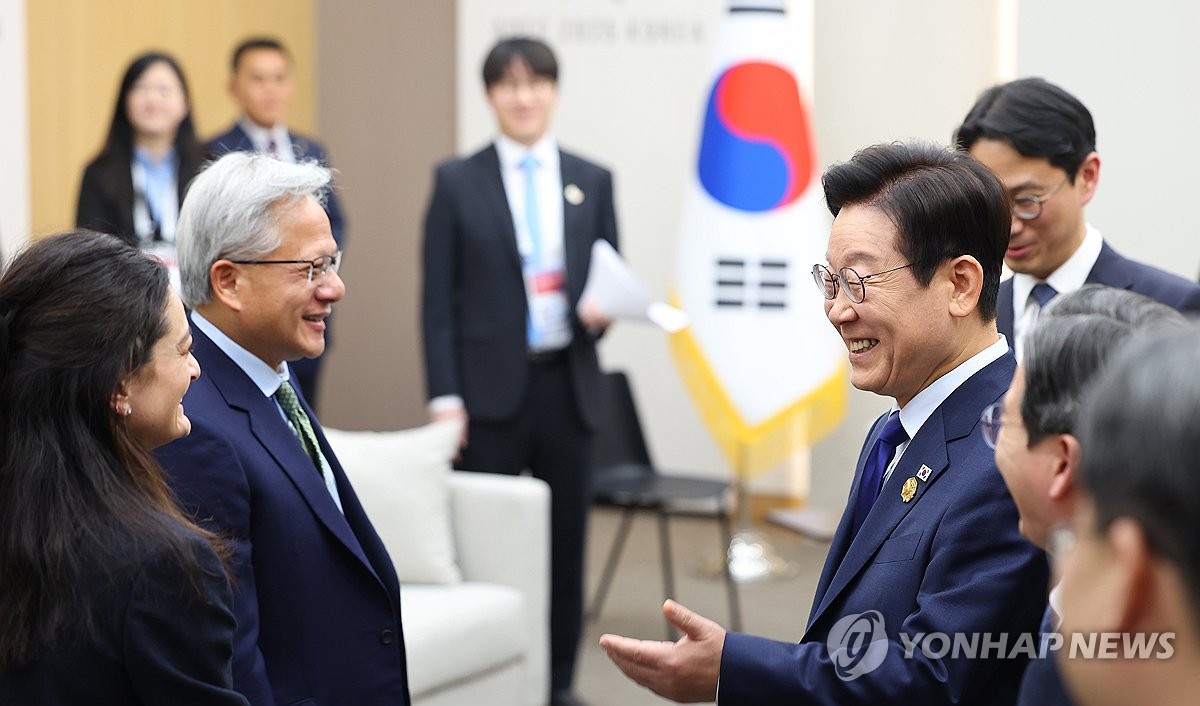
However, there are also criticisms that we should not be satisfied with these achievements.
Although tariff and security negotiations with the United States have been concluded, the work of refining the Memorandum of Understanding (MOU) and fact sheet wording is still ongoing, so every last detail must be checked to minimize the possibility of harming national interests.
Even while the negotiation process is in progress, we cannot relax because conflicts of interest can arise at any time.
In particular, we must not forget that these negotiations themselves are the result of a changing economic and security environment characterized by a return to protectionism and self-centeredness in the United States.
Accordingly, the future task is to modernize the ROK-US alliance in a way that can actively respond to the rapidly changing international order and further strengthen Korea's security.
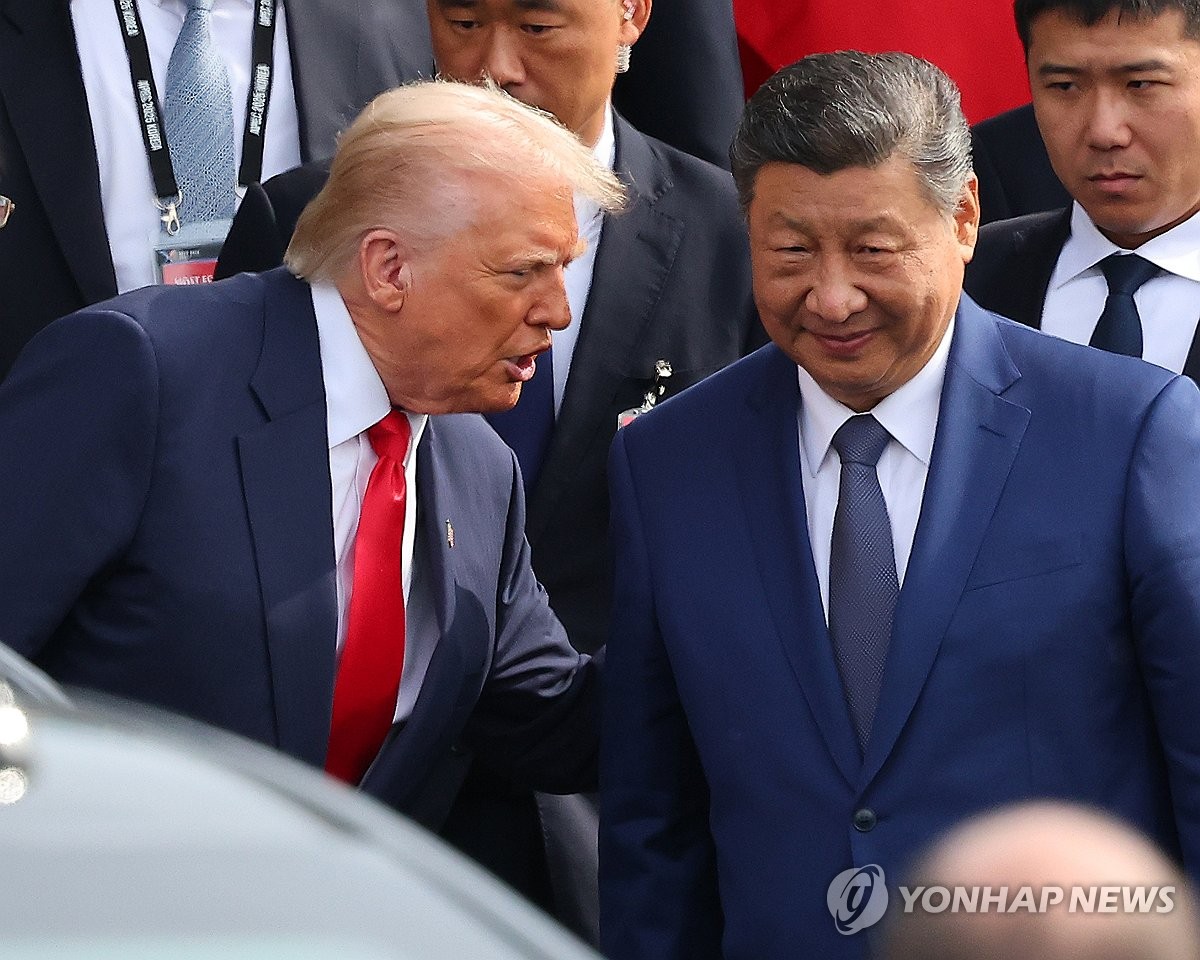
The same goes for Korea-China and Korea-Japan relations.
As evidenced by China's mention of"nuclear non-proliferation obligations" immediately after President Trump approved the introduction of nuclear-powered submarines, China is expected to continue to view the close relationship between South Korea and the United States with suspicion.
If the temporarily suspended US-China conflict escalates again, it is possible that pressure on South Korea to ask"which side are you on?" will become more overt.
If Prime Minister Takaichi resumes his hard-line approach, conscious of his domestic support base, there is a possibility that the long-standing issue of historical issues will resurface as an obstacle to cooperation.
Therefore, it is pointed out that within the basic framework of practical diplomacy established through this series of summit diplomacy, efforts must be continuously made to closely manage unexpected variables and find a center of gravity and maintain balance, as if walking a tightrope.
Another important task for President Lee is to revive the failed North Korea-US dialogue and prove the validity of the"pacemaker theory."
Domestically, amid the steep political divide between the ruling and opposition parties, securing bipartisan support to prevent diplomatic efforts from being damaged by political strife is also a challenge.

